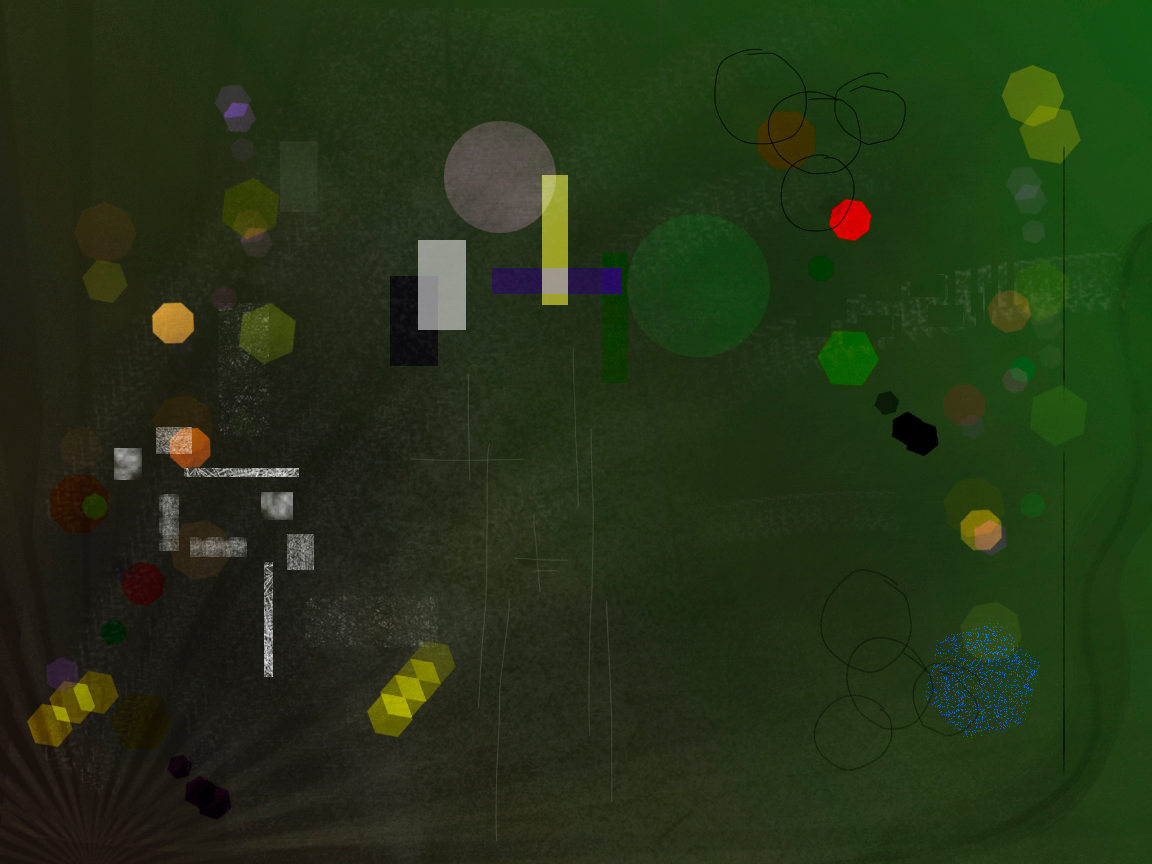In solitude we do not exist as individuals, we exist as an extensive totality with all things. There is no exteriority, everything is a continuous interiority-exteriority. Thoughts, things, the entire existence has a continuity, in which the “I” is not known to be differentiated from the rest. In a way, it could be said that there is no such thing as “I”. Extensive fullness implies that the self is only the point of view from which reality looks at itself.
Being discovered by another conscience leaves our position of balance, that conscience outside us, deprives us of the extensiveness of our conscience with the world, and sends us directly to the discovery of our “I”.
Being discovered by another consciousness makes us “subjects”. It holds us to a part of us and opens an abyss with the world. But also, it generates the way in which we should look at the rest of things, it generates the other as an object. Interiority arises as a response to that rupture, it is a reaction to division.
Tying our interiority opens the field to an objectifiable spatial and temporal exteriority, to the world of reason. It creates the space for all the categories of language, metaphysics or science to appear.
Being perceived by another consciousness places us in another constitutive space, new rules emerge and everything changes around us.
***
Being for another gives us the measure of what we are for ourselves. In a temporary instantaneity we come out of solipsism and we have to indulge in a game of masks. Being looked at by another shows us with transparency the “brutal” equality of human beings, and the discomfort of carrying our “personality”, which tells us who we are compared to that other.
Our external reality, asleep in his presence, awakens in screams before the gaze of the other. Our body and the image we have of it is present. The eyes of others become the perfect reflection of ourselves?
What is hidden behind the other’s gaze? Should that look be a mirror, reflect everything that we “feel” in ourselves? “Mirror” is a keyword here, the other’s gaze is a mirror in which we reflect ourselves.
The gaze of the other can become a terrifying experience for those who are not willing to see their own image. But is this image that is reflected ours or the one that humanization sends us? The culture?
For a moment we stop living in ourselves and we only live inside who looks at us. We are alienated from ourselves, and as objects of another consciousness we are capable of feeling the objectification for another as ontological reality.
I do not know the implications of being objectified and its more than possible relationships with madness. But it does seem that the process of humanization and that of individualization seem to go hand in hand, and that the separation between subject and object has been a long and tortuous path that, nevertheless, remains in us as a painful separation or as the fall of the paradise.
***
Could objects in the world look at us as other human beings now look at us? In this situation, would it have been legitimate to call them objects?
How did the notions of distinction between human beings and animals, between inanimate and animate beings, between animals and plants appear?
Could animals and plants as well as the entire natural world become prying observers of an ancient humanity? What did that look make us?
Did an animistic age know of being observed by nature and discovering itself through it?
How could we make an archeology of previous forms of rationality in which neither individualization nor humanization were central elements?
Perhaps the age of reason is too human because it has blinded everything “alien”. It remains for us to explore the relationship between only being Interpellated by human beings and the objectification of the world.
In summary, we have developed:
• The rupture of the inner / outer continuous existence.
• The creation of the objectifiable, which has consequences for the creation of the self and for the conditions of knowledge as we know it.
• The creation of our human self, in front of and only in front of, other humans. This brings us to a time where “the human” becomes central, a special category, while the rest of the natural world is relegated to the world of objects. Objectuality created and generated by the division itself.
